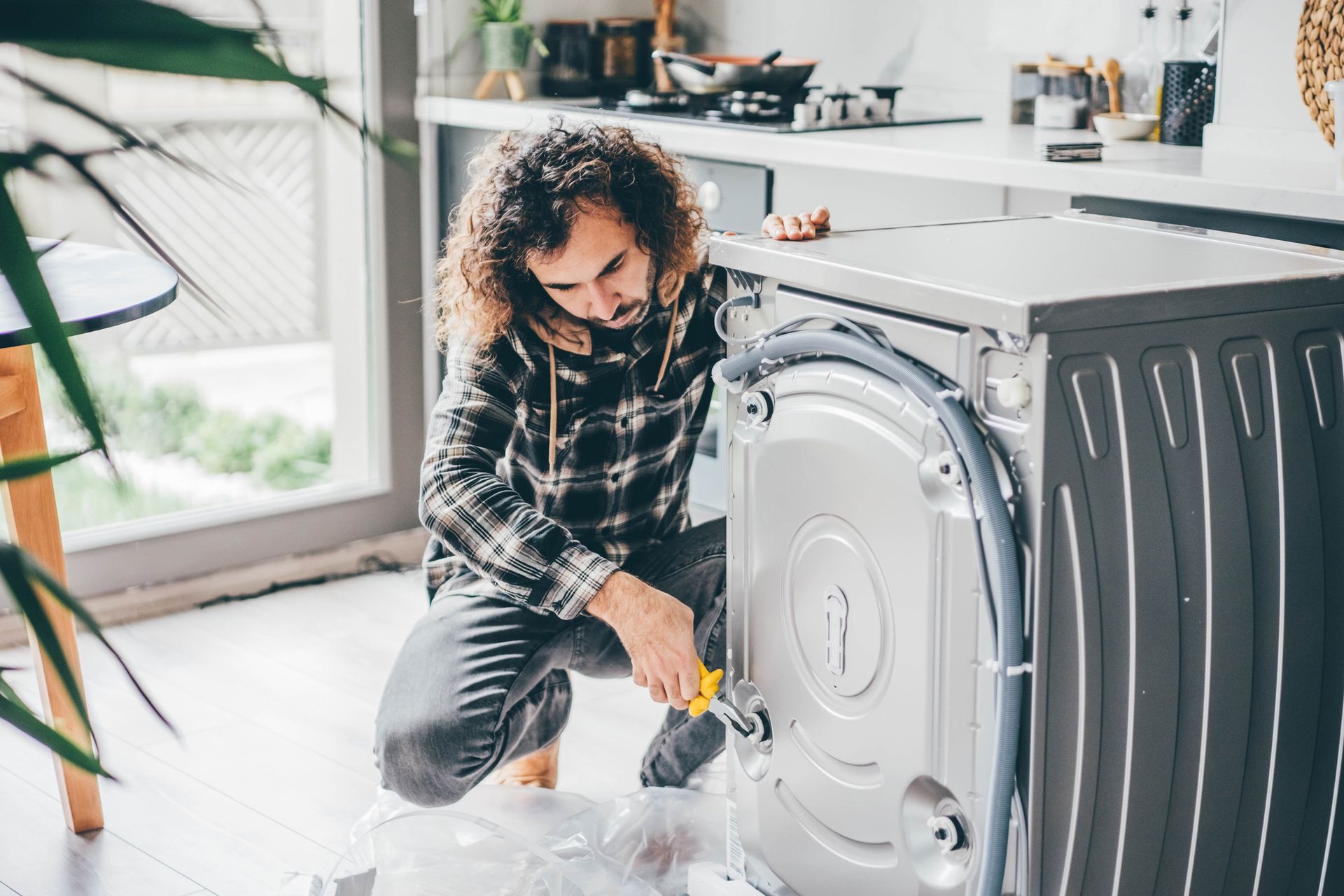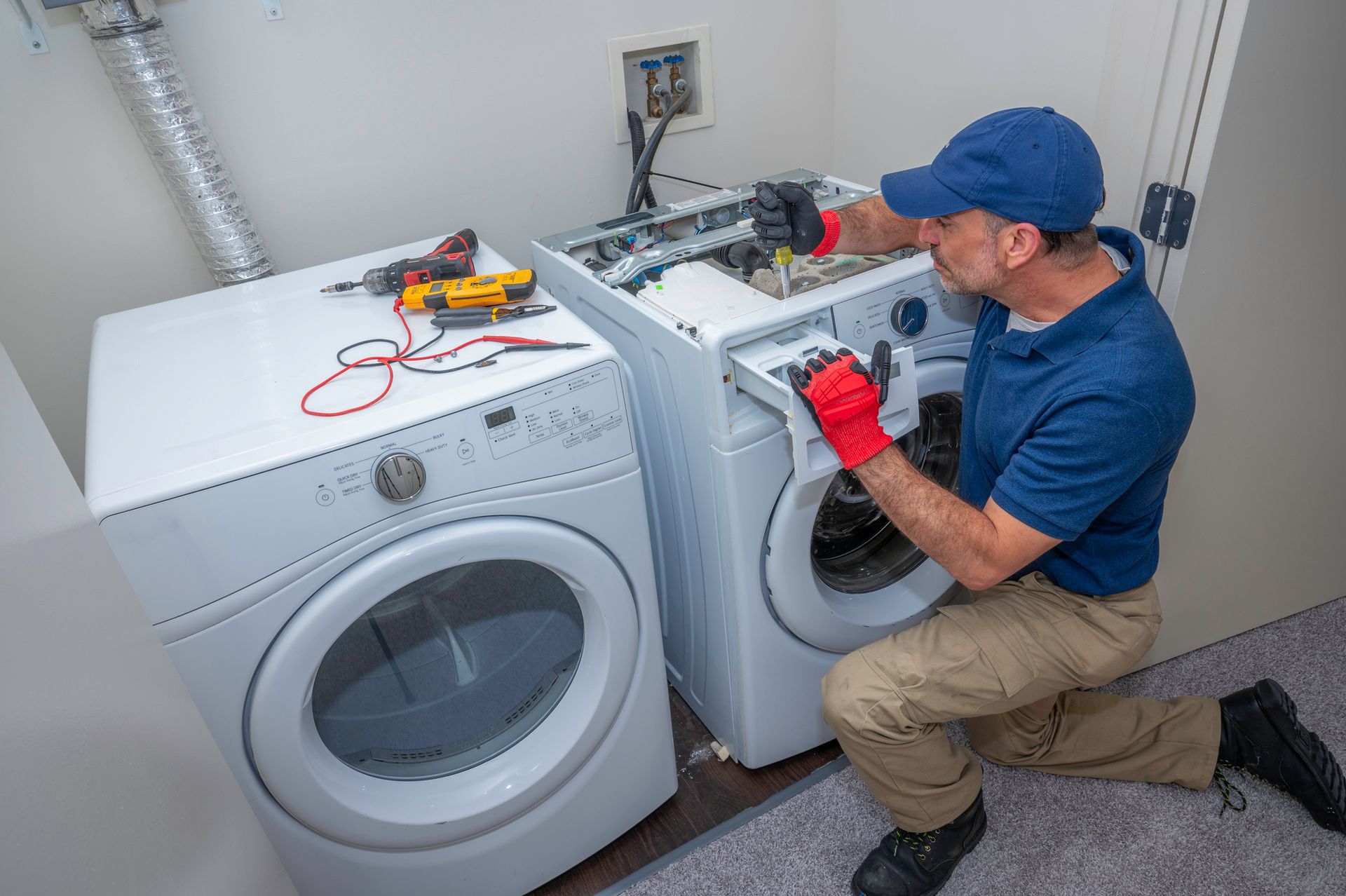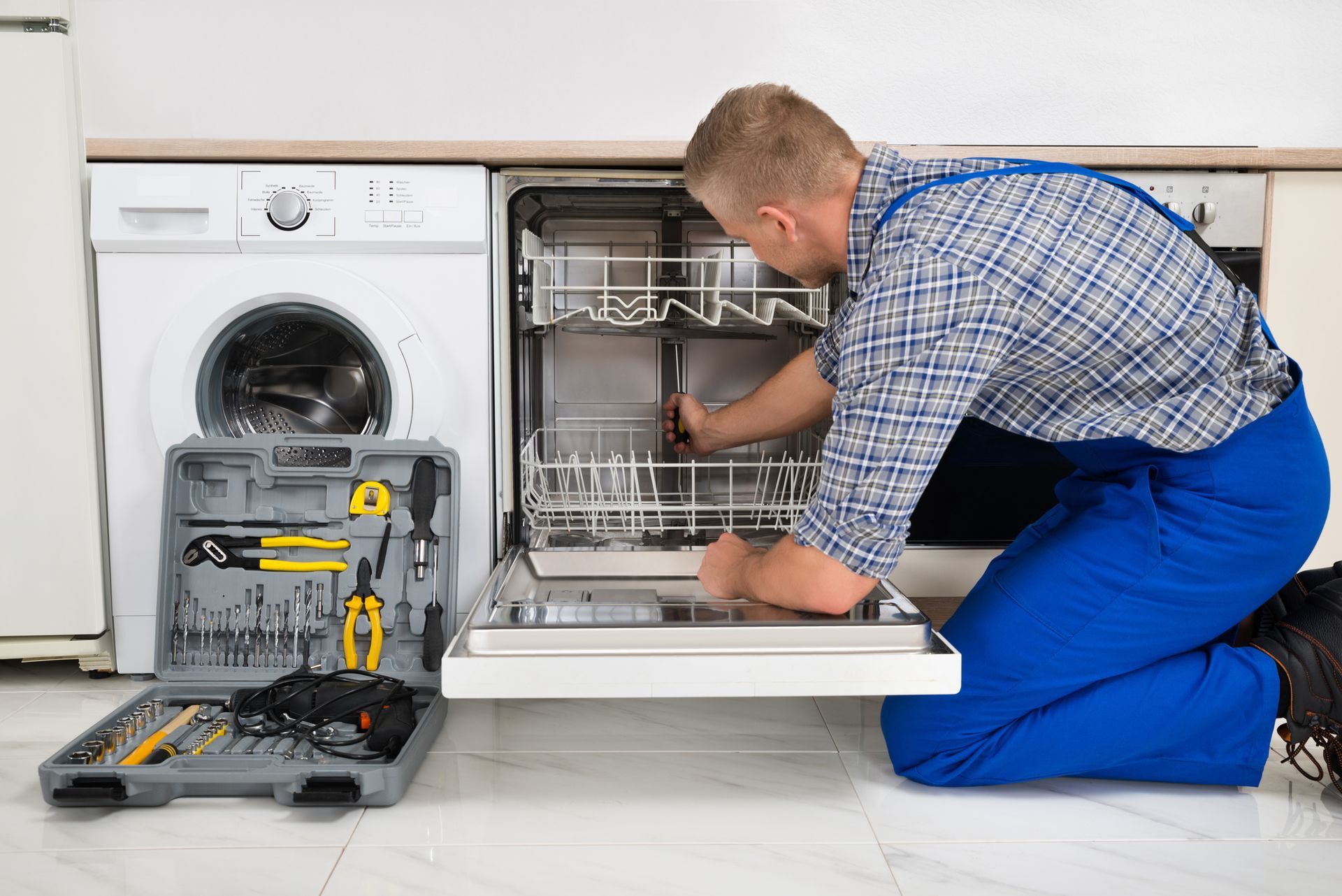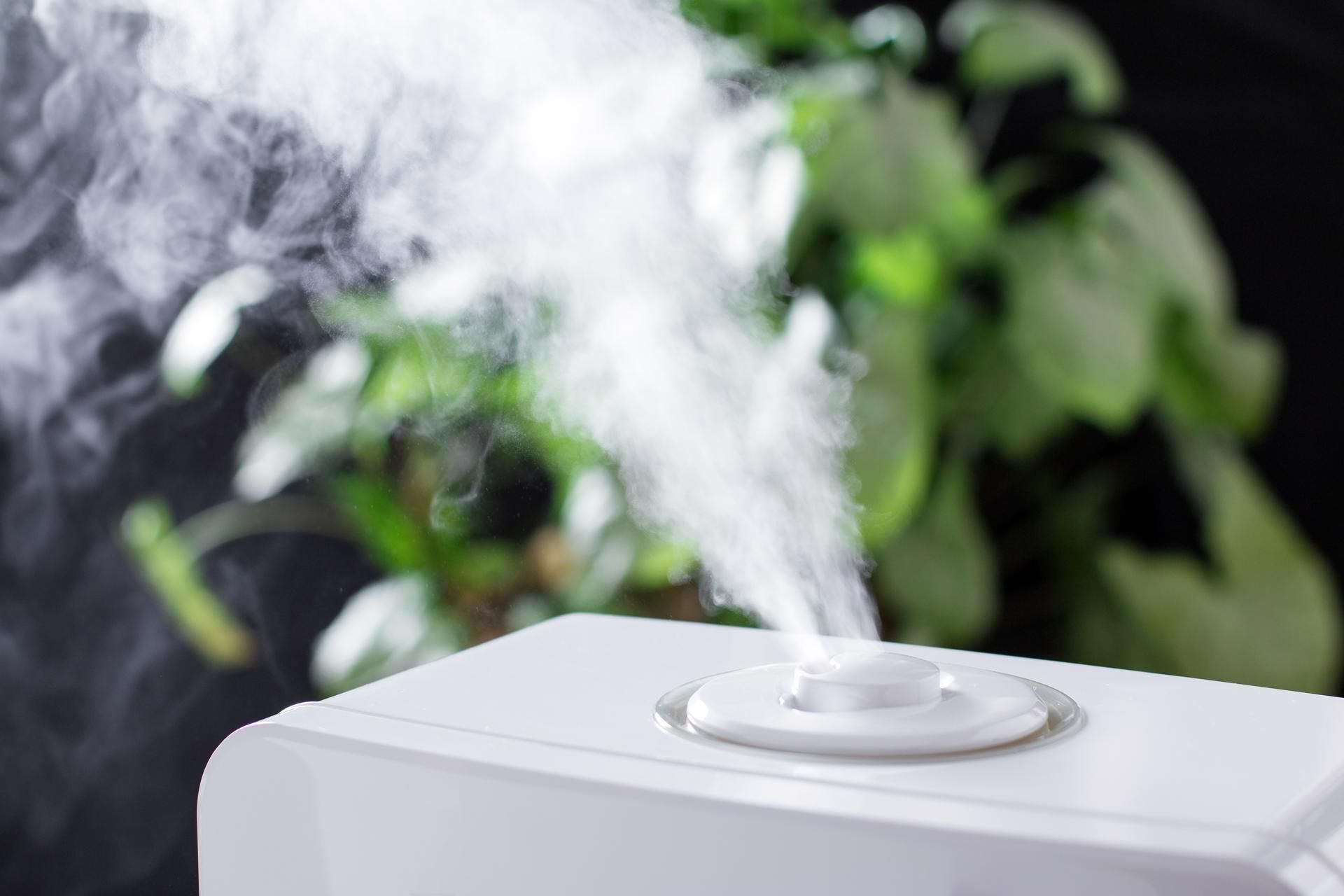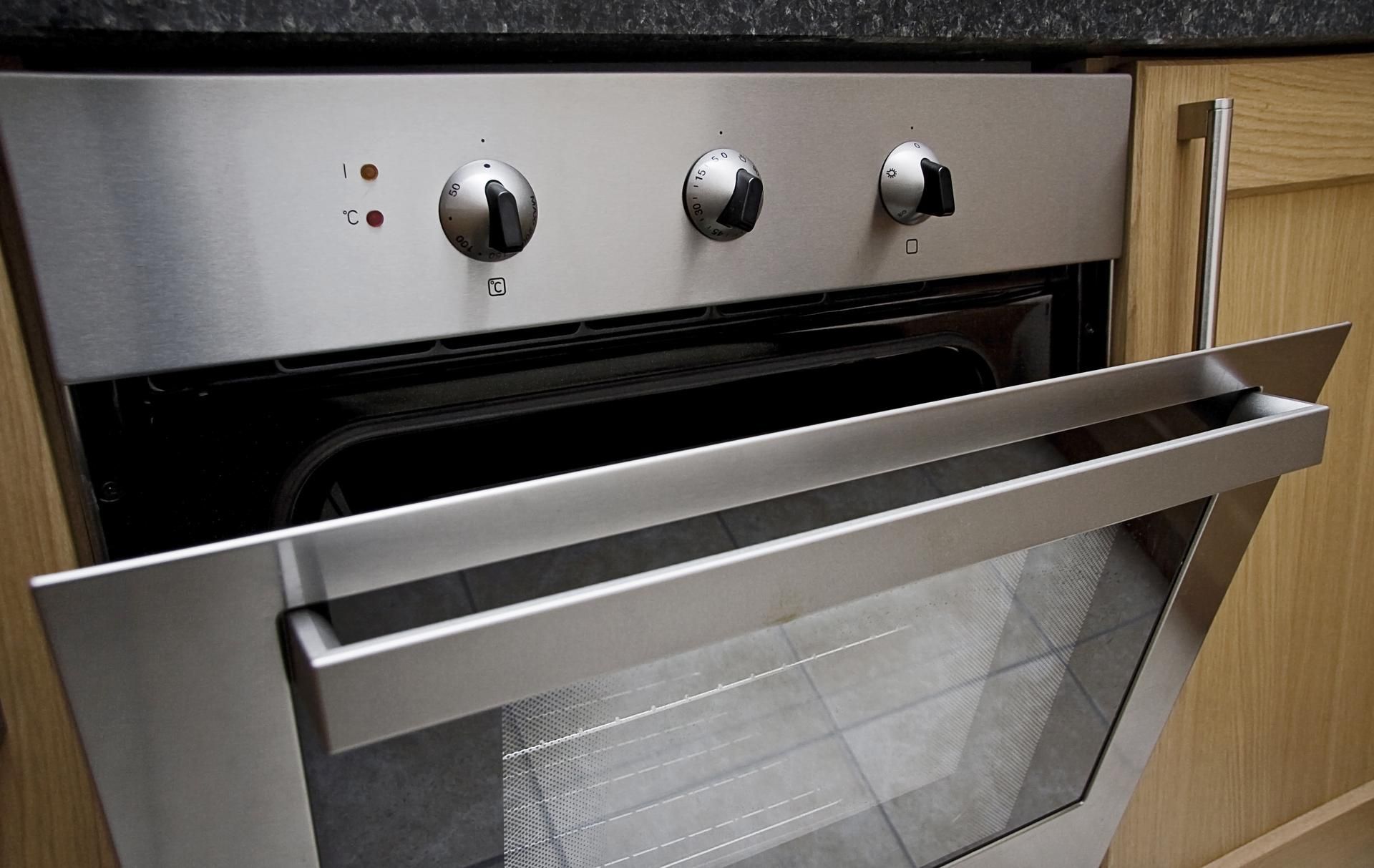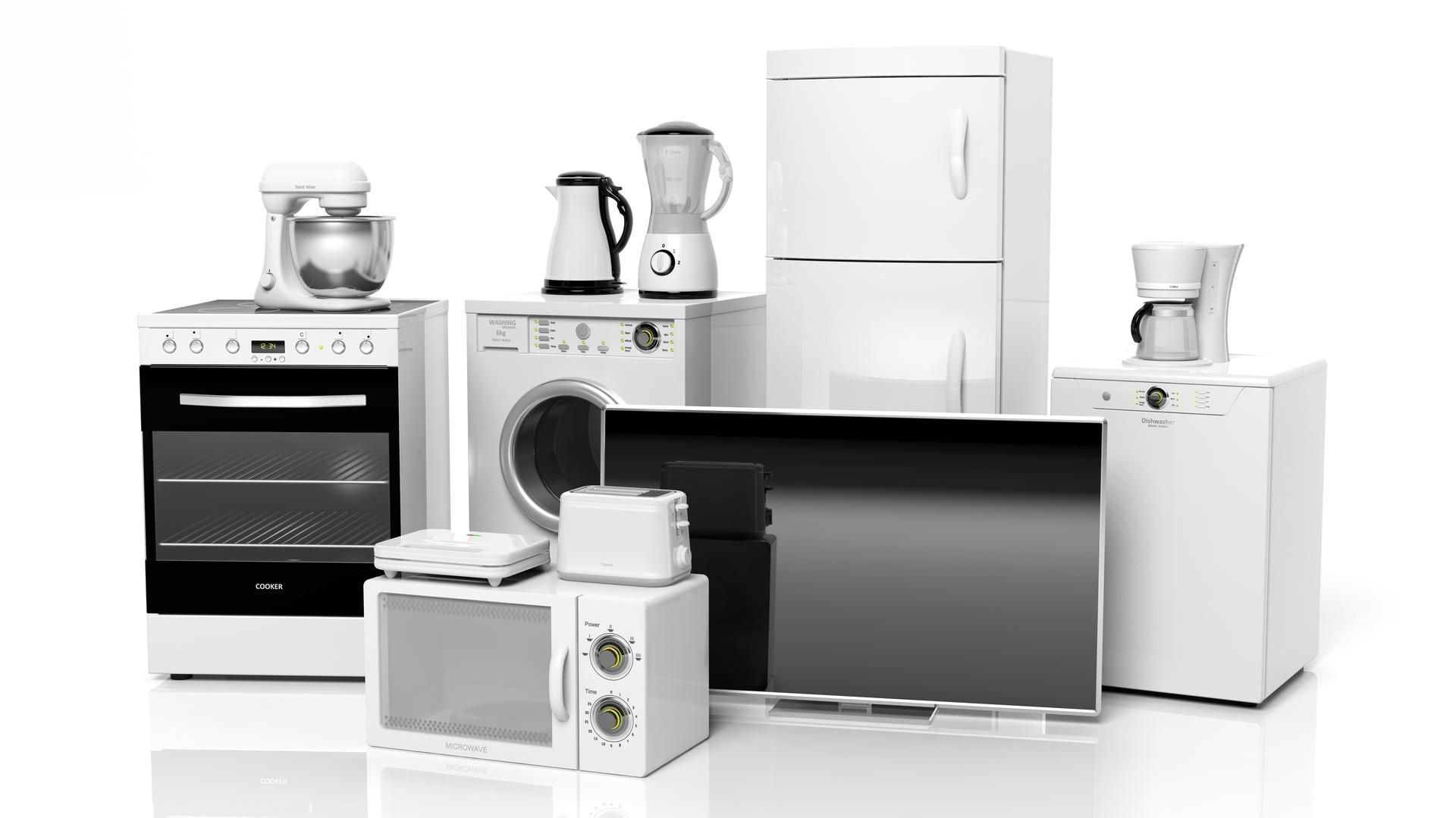Chemicals That Require Caution When Cleaning Your Appliances
Regular cleaning of your appliances is a necessary task that often requires the use of chemicals. That said, there are several harsh chemicals that you should use with caution in order to prevent serious health hazards. Surprisingly, many household cleaners contain chemicals that are toxic when used at high levels; however, the cleaning products only use trace amounts of them. There is also no perfect cleaning agent that is appropriate for every appliance. This article will highlight different chemicals that require caution when using to clean your appliances.
Ammonia
Ammonia is a potent substance often used for cleaning and is made up of nitrogen and hydrogen. However, only small amounts are present in cleaning solutions. In high concentrations, ammonia is toxic. It can irritate the nose, lungs, and skin. Using ammonia without the proper protection can lead to chemical burns and irreversible damage throughout your body. Avoid directly using ammonia on appliances, especially if you do not have protective equipment. The good news is that even the weakest ammonia solutions have a distinct odor. Therefore, if you pay close attention, you should be able to detect the presence of ammonia in your cleaning solutions.
Chlorine
You can find the chemical element chlorine virtually everywhere. However, some forms of the chemical can be harmful to humans and the environment. Chlorine bleach is often used for heavy-duty cleaning and disinfecting, but you should use extra caution when using this solution. While chlorine bleach is a great agent for cleaning toilet bowls, you should avoid using it in areas that come into regular contact with food and humans. This includes areas such as the sink, stove, or countertops.
2-Butoxyethanol
Many “all purpose” aerosol cleaners contain a family of molecules called glycol ethers. One of the most potent glycol ethers commonly found in cleaning products is 2-Butoxyethanol. You can also find this molecule in glass cleaners and degreasing solutions. Like other toxic molecules, glycol ethers can irritate nasal passages and damage nerves, leading to unwanted symptoms like burning, coughing, or congestion. Chronic exposure to 2-Butoxyethanol can result in nausea, asthma or neurological issues such as tremors. When choosing a cleaning solution, try to avoid any with 2-butoxyethanol as the main ingredient.
Most cleaning solutions are safe, but several chemicals are still hazardous to humans. If you are concerned about whether or not the cleaning products you have are safe, don’t hesitate to contact Doc’s Appliance Service. Our professionals are here to make recommendations and extend the life of your appliances. Give us a call today at 800-726-7130.
The post Chemicals That Require Caution When Cleaning Your Appliances appeared first on Docs Appliance Service.

